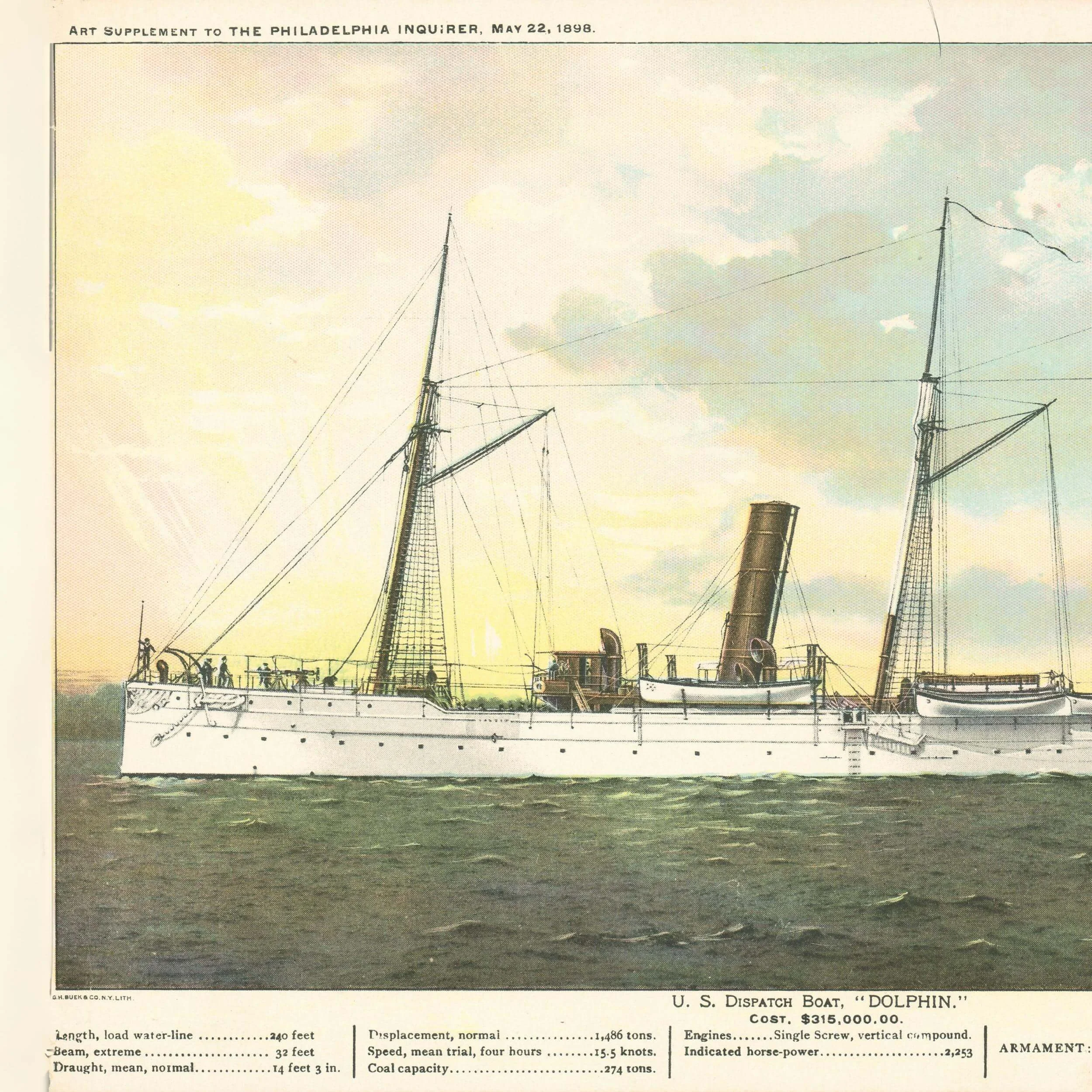Do You See God as a Very Loving Father?
Paul Prather
3 min read ⭑
Recently, I had a conversation in a place of business with a young woman who, after discovering I’m a minister, asked some questions about the Holy Spirit. She was already a Christian, she said, but wanted to experience more power of the Spirit in her life.
I suggested there was no big secret to getting empowered by God: All you had to do was ask God. Simple as pie. Ask for the Spirit. Accept the Spirit. Receive the Spirit.
I quoted my go-to Bible verse for such occasions, where Jesus told his audience, “If you, being evil, know how to give good gifts to your children, how much more will your Father in heaven give the Holy Spirit to those who ask.”
Last week, I ran into the same young woman again, in the same place of business.
She told me she was struggling with what I’d said before.
She couldn’t think of her heavenly Father without thinking of her natural father, she said. Her earthly dad was demanding and regimented. If you wanted anything from him, you had to earn it. You had to measure up. She couldn’t visualize a father who would just give her something as precious as the Holy Spirit for free, no strings attached.
But that type of God — the one who lavishes grace upon us, gives all gifts freely and accepts us joyously despite our endless faults — is precisely the one I believe in.
In fact, I think the main problem with Christianity specifically and the whole world generally is that many people seem not to ever have comprehended how radically and unconditionally they are loved by the Lord.
Unsplash+
Musing afterward on my conversations with the young woman, it struck me we’d both arrived at our different images of God from our differing experiences with our earthly fathers.
That’s pretty common, actually. I’ve heard any number of other people say an unhappy relationship with their father blocked their ability to see God as good rather than as, say, a tyrant.
Since Father’s Day, I’ve been thinking a lot about my earthly dad, an evangelical pastor.
Our family was always broke, but my mom told me she had to be careful not to mention to my father anything she wished she had — a reliable car, a warmer coat, a newer refrigerator — because he’d run out and buy it for her, and we couldn’t afford it.
For a time when I was a kid, my parents ran a used furniture store on the side. The clientele was largely poor. Mom told me she and dad couldn’t turn a profit because whenever customers came in who needed a sofa or a bed but couldn’t pay, Dad would just give it to them — and would deliver it, if need be.
When I started emerging from childhood, I began exhibiting the first hints of the intractable, rebel-without-a-clue adolescence that would follow.
One day, Dad put an arm around my shoulder.
Son, he said, I have a feeling you’re not always going to do the things I wish you’d do. You may even do things I think are sinful. Before that happens, I want you to know that whatever you do, you’ll always be my son. I’ll always love you, and no matter what you’ve done, you’re always welcome in this house. You can always come home.
Having grown up with an earthly dad like that, it was never hard for me to imagine a heavenly Father who must be at least equally generous and merciful, and I’ve never been disappointed in those expectations.
“I think the main problem with Christianity specifically and the whole world generally is that many people seem not to ever have comprehended how radically and unconditionally they are loved by the Lord.”
Some people in contemporary Christianity seem to shy away from referring to God as the Father, because of all the personal and political baggage that comes along with that title. I get that; I respect the reasoning behind it — but I also respectfully disagree.
As best I can understand it, in the first century, it wasn’t the norm to think of God as our Father. That was considered too familiar, too presumptuous, perhaps even narcissistic.
But Jesus, who cared nothing for popular considerations, was clear that he saw God as his Father. Jesus had a mother, after all. Her name was Mary. But God was his dad. And this dad was not only his, he told us, but the Father of all humanity — an idea St. Paul expanded upon.
The problem, then or now, isn’t that God is a Father. The real problem is that our earthly fathers — who, however unintentionally, tend to serve as human stand-ins for the heavenly Father — have often failed to reflect God’s true nature.
If there’s good news here, it’s that whether he even realizes it or not, a dad who walks in love, who exhibits patience, who daily lays down his life for his family, can still point his children straight toward God’s arms.
Paul Prather has been a rural Pentecostal pastor in Kentucky for more than 40 years. Also a journalist, he was The Lexington Herald-Leader’s staff religion writer in the 1990s, before leaving to devote his full time to the ministry. He now writes a regular column about faith and religion for the Herald-Leader, where this column first appeared. Prather’s written four books. You can email him at pratpd@yahoo.com.
This article is republished from Religion Unplugged under a Creative Commons license.


